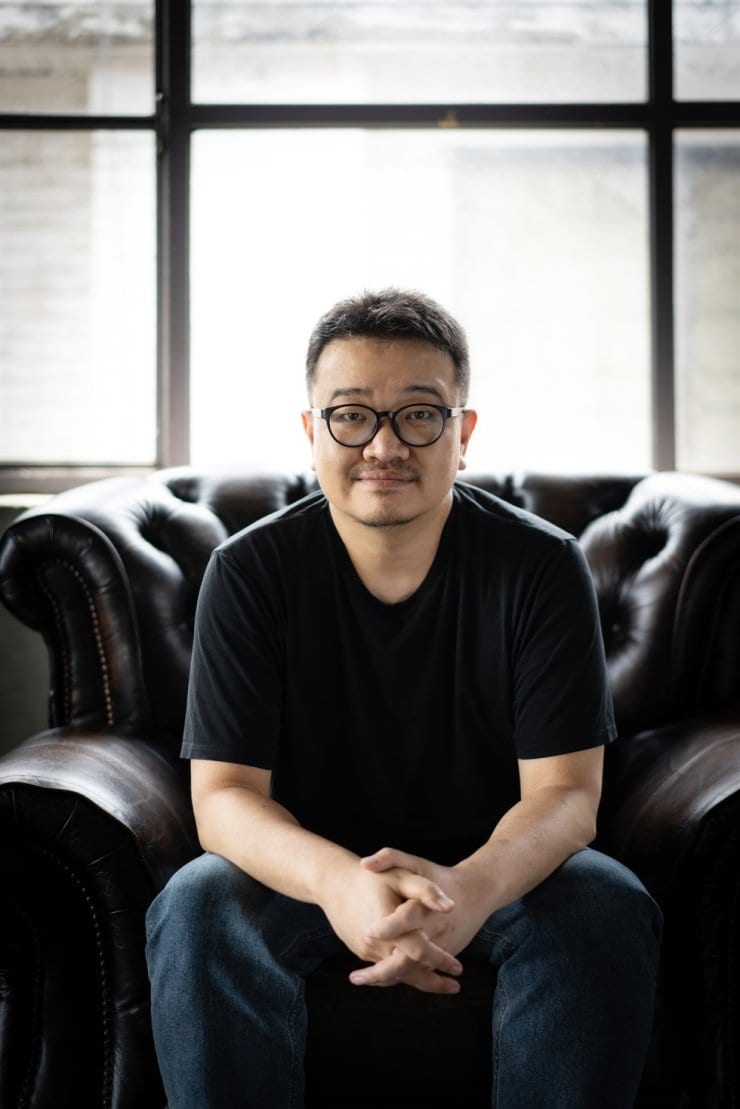
Back to the Apocalypse: 1on1 with Yeon Sang-ho (PENINSULA)
Sequels are always incredibly difficult to create. After the incredible global success of?Train to Busan, South Korean writer/director Yeon Sang-ho was excited to return to the world that he?d created. However, rather than focus on the survivors of the first film, Sang-ho became far more interested in creating something new within that same universe.? Enter Peninsula….

